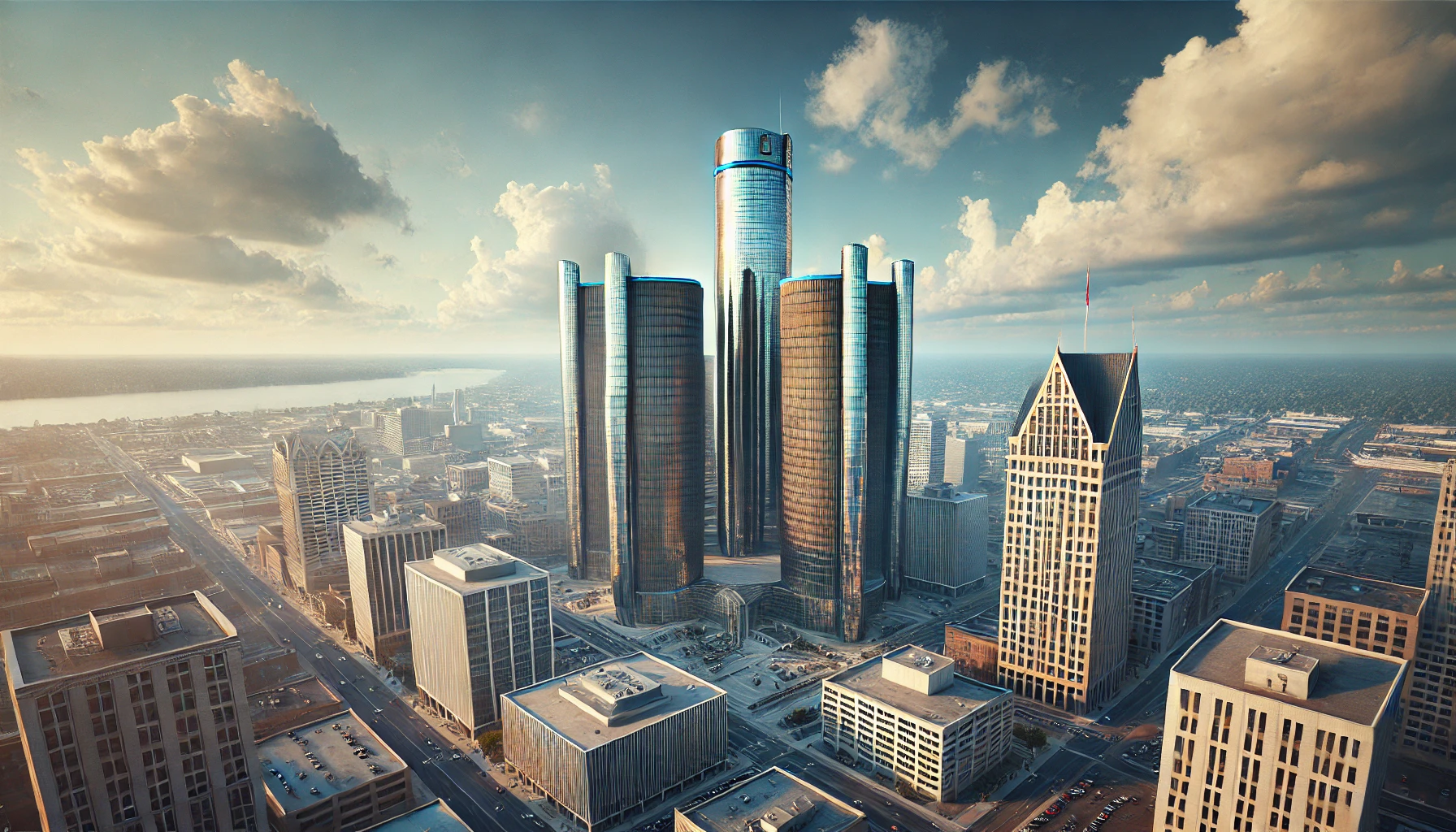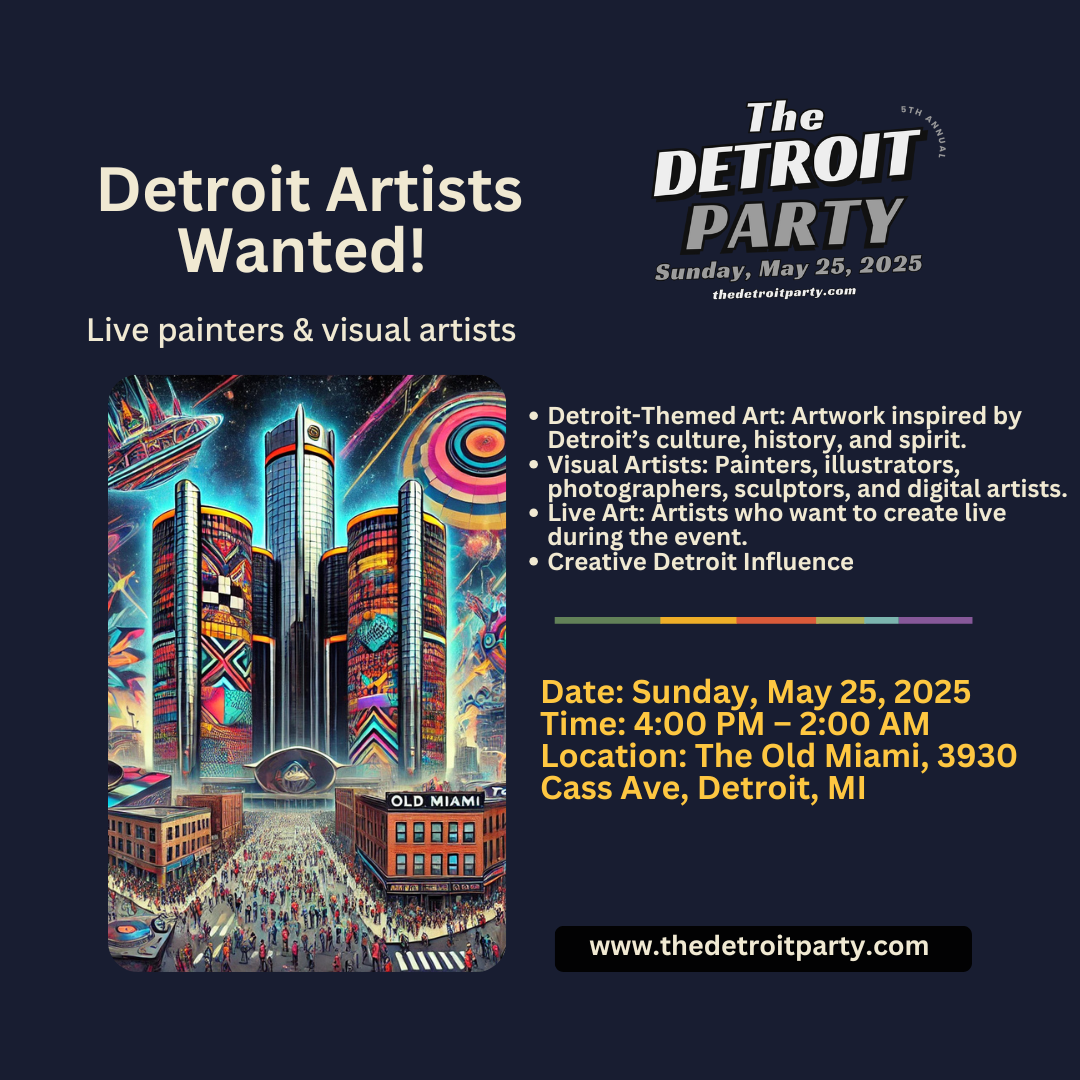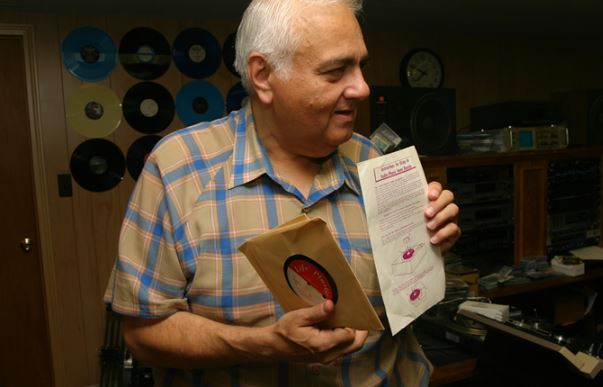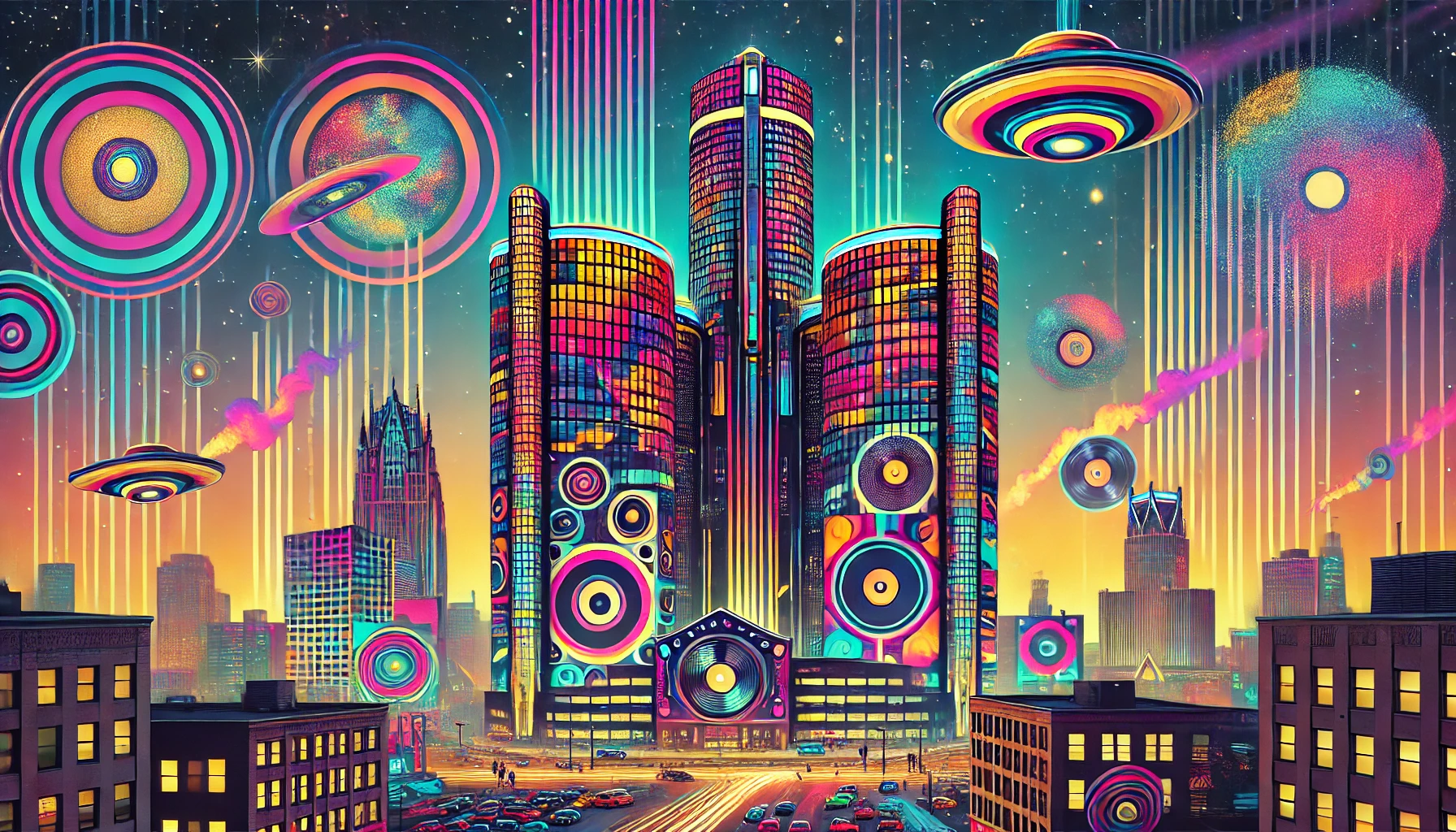Detroit Music History: A Deep Dive into the City’s Legacy
Detroit’s musical heritage is a testament to its resilience, creativity, and cultural impact. From the soulful melodies of Motown to the pulsating beats of techno, the city’s contributions have influenced generations of artists and shaped global music trends. This report provides an in-depth look at Detroit’s music history, from its early jazz and blues roots to its present-day status as a vibrant cultural hub.
1. Jazz and Blues: The Early Pulse of Detroit (1920s-1930s)
The Birth of a Music Scene
In the early 20th century, Detroit’s Black Bottom and Paradise Valley neighborhoods became the heart of the city’s African American cultural and entertainment district. During the Great Migration, thousands of Black Americans moved to Detroit seeking industrial jobs, bringing with them rich musical traditions.
Legendary Performers and Influential Venues
Detroit’s jazz and blues clubs became a mecca for musicians and audiences alike. Venues like the Graystone Ballroom and Baker’s Keyboard Lounge hosted some of the greatest jazz musicians of all time, including:
- Louis Armstrong
- Duke Ellington
- Count Basie
- Billie Holiday
- Ella Fitzgerald
Detroit also produced talented local jazz artists such as Donald Byrd and Pepper Adams, who went on to achieve international recognition.
2. The Rise of Motown: A Cultural Revolution (1950s-1970s)
Berry Gordy Jr. and the Birth of Motown
In 1959, Berry Gordy Jr. founded Motown Records, a label that would revolutionize popular music. Located in a small house on West Grand Boulevard, known as Hitsville U.S.A., the label developed a distinctive sound that blended rhythm & blues with pop elements.
Iconic Artists and Global Influence
Motown’s roster included:
- Stevie Wonder
- The Supremes
- The Temptations
- The Four Tops
- Marvin Gaye
- Smokey Robinson & The Miracles
- The Jackson 5
Motown wasn’t just a record label; it was a cultural movement that helped integrate American music. By producing polished, crossover-friendly songs, Gordy ensured that Black artists reached mainstream audiences, breaking racial barriers in the music industry.
3. Proto-Punk and Garage Rock: The Sound of Rebellion (1960s-1970s)
The Detroit Sound: High Energy and Raw Grit
In the late 1960s and early 1970s, Detroit became the epicenter of a new, aggressive form of rock music. Bands like MC5 and The Stooges (fronted by Iggy Pop) pioneered proto-punk, characterized by distorted guitars, raw energy, and anti-establishment lyrics.
Key Venue: The Grande Ballroom
The Grande Ballroom was the heart of Detroit’s underground rock scene, hosting bands like:
- MC5
- Iggy and The Stooges
- Alice Cooper
- The Who
- Led Zeppelin
This era laid the foundation for the punk rock explosion of the 1970s and influenced future genres like alternative rock and grunge.
4. The Birth of Techno: A Global Phenomenon (1980s-Present)
Detroit: The Techno Capital of the World
In the early 1980s, three Detroit DJs, known as The Belleville Three, created a new genre of music called techno.
Detroit Techno pioneers:
- Juan Atkins
- Derrick May
- Kevin Saunderson
- Ron Murphy
- Mike Banks
- Eddie Folks
- Thomas Barnet
Drawing inspiration from electronic, funk, and futuristic themes, they crafted a sound that became a global movement. Detroit techno remains a dominant force in the electronic dance music (EDM) scene.
5. Detroit’s Hip-Hop Legacy (1990s-Present)
The Rise of Eminem
The 1990s and 2000s saw Detroit become a major force in hip-hop, thanks to artists like Eminem, whose lyrical dexterity and storytelling put the city on the map.
J Dilla and the Detroit Sound
Another influential figure was J Dilla (James Yancey), a legendary hip-hop producer known for his innovative beats. His work with Slum Village, A Tribe Called Quest, and The Roots continues to inspire producers worldwide.
6. Preserving Detroit’s Musical Legacy
Historical Landmarks and Institutions
Detroit has several key sites dedicated to preserving its rich music history:
- Motown Museum (Hitsville U.S.A.) – The home of Motown Records.
- United Sound Systems – Detroit’s first independent recording studio.
- The Fox Theatre – A historic venue that hosts concerts and performances.
- Detroit Symphony Orchestra Hall – A premier classical music venue.
- The Old Miami
- Northern Lights Lounge
Festivals and Cultural Events
Detroit continues to celebrate its musical diversity through:
- The Detroit International Jazz Festival
- Movement Electronic Music Festival
- The Detroit Hip-Hop Summit
- Concert of Colors
- The Detroit Party
Conclusion: Detroit’s Everlasting Musical Influence
Detroit’s music legacy is one of resilience, innovation, and transformation. From the blues bars of Paradise Valley to the high-energy stages of techno festivals, the city has continually reinvented the sound of America. Detroit doesn’t just follow musical trends—it creates them.
The city’s impact is undeniable, and its influence continues to shape the global music industry in ways that will resonate for generations.
External Links (Authoritative References)
- Motown Museum
- Detroit Symphony Orchestra
- Movement Electronic Music Festival
- The Detroit Party Official Website
- Ron Murphy Techno Mastering History
2/2



